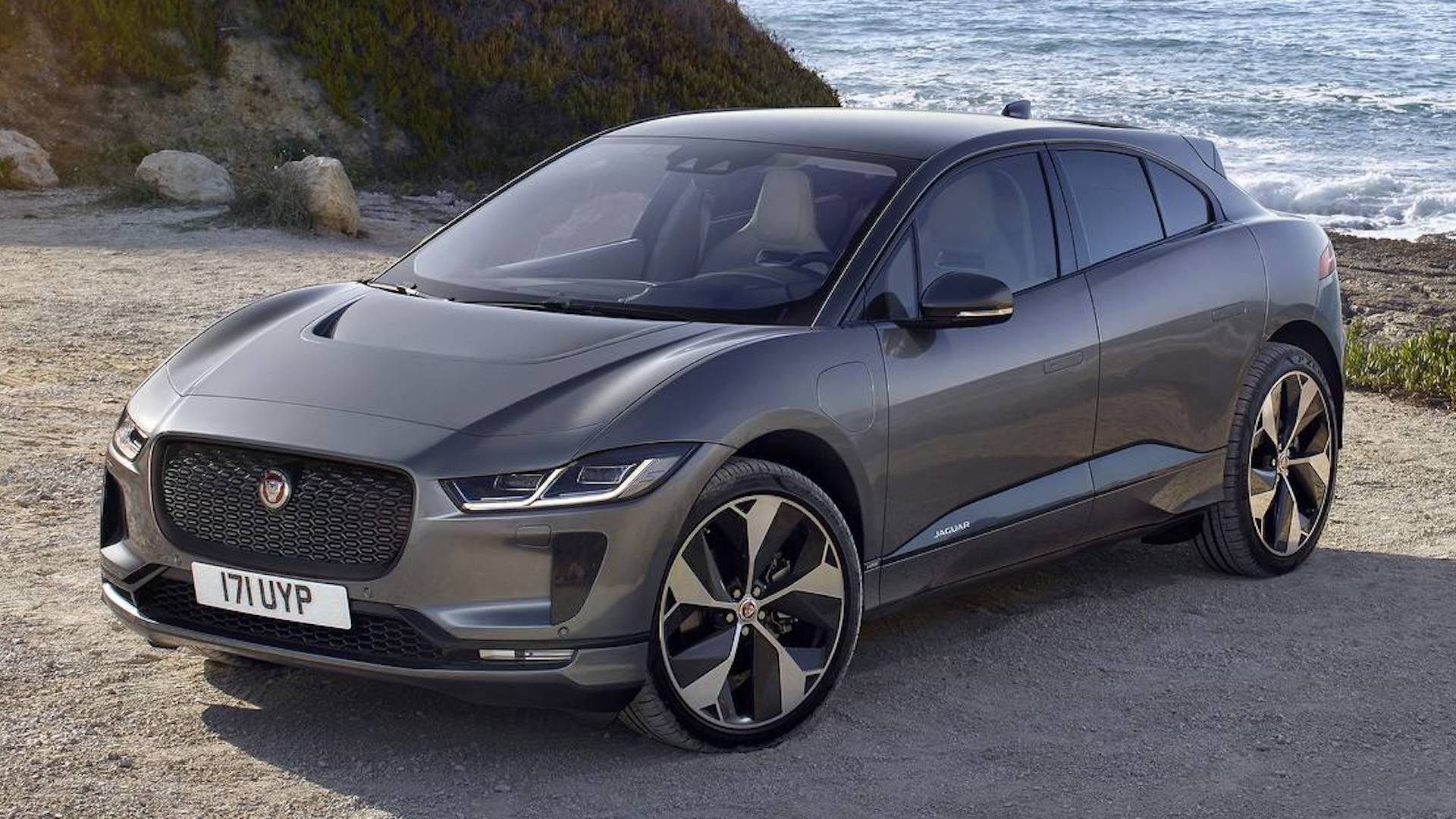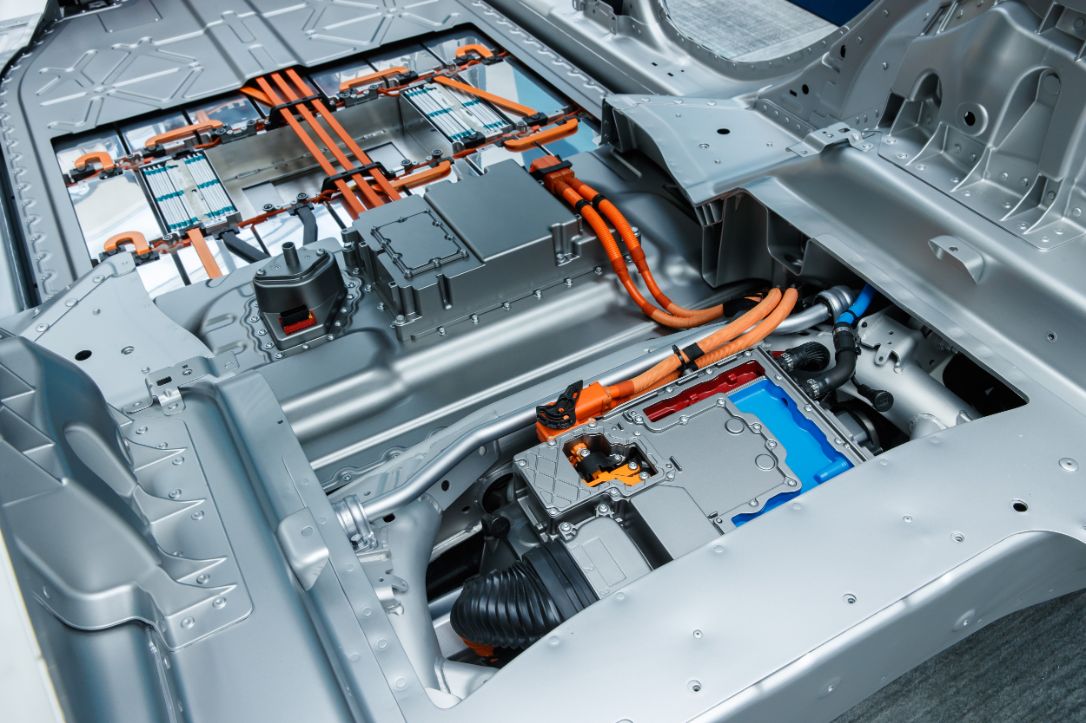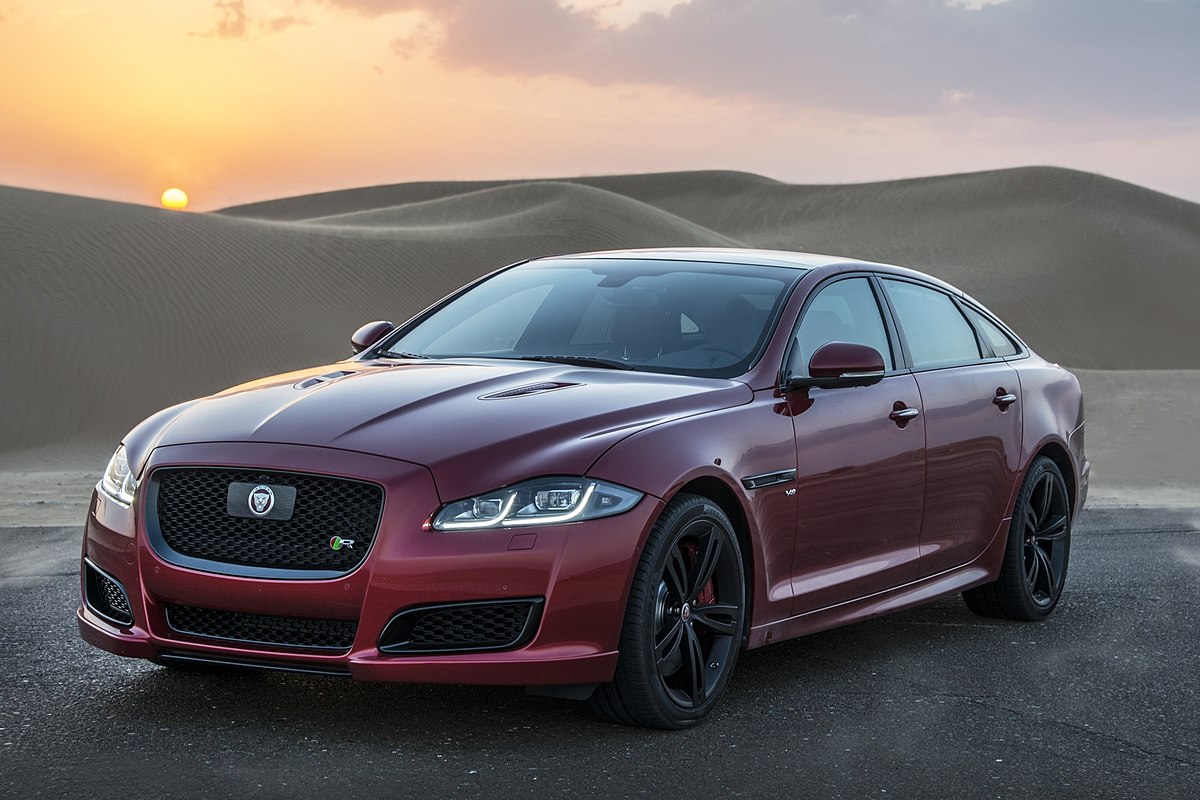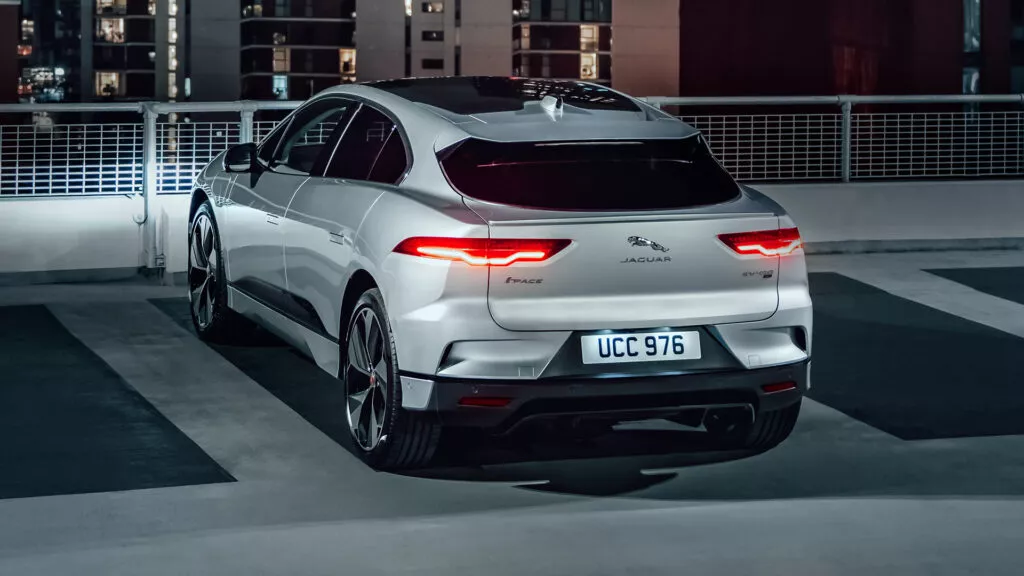In the face of potential delays in the UK government’s plans to ban the sale of new petrol and diesel-powered vehicles, Jaguar Land Rover (JLR) continues to forge ahead with its ambitious transition to all-electric vehicles. The 2030 ban, championed by former Prime Minister Boris Johnson with a subsequent plan to ban hybrids by 2035, has been met with uncertainty under the current leadership of Prime Minister Rishi Sunak, leaving room for speculations about a possible postponement.
Despite the uncertainties, JLR’s Chief Executive, Adrian Mardell, has affirmed that the company’s commitment to electric vehicles remains steadfast. He recently asserted in an interview with The Guardian that JLR’s “plans will stay the same,” signaling their unwavering dedication to an electric future. This assurance came hot on the heels of an announcement by JLR’s owner, Tata, declaring a substantial investment of £4 billion ($5.15 billion) for the construction of a battery factory in the UK.
See also: Jaguar Land Rover Announces Corporate Rebranding and Electric Future with Four Sub-Brands
While some conservative MPs and members of the automotive industry have advocated for a delay in the ban to support British manufacturers and consumers, Housing Secretary Michael Gove has emphasized the government’s current commitment to phasing out new petrol and diesel cars by 2030.
Admitting that EVs using lithium-ion batteries may still be pricier than traditional alternatives, Mardell expressed JLR’s intent to play an active role in battery technology and development. The automaker’s engineers will be deeply involved in these endeavors, highlighting their determination to overcome challenges in the EV market. Reports suggest that Tata is collaborating with Chinese supplier Envision for the development of batteries to be manufactured in the UK, although this partnership has not been officially confirmed.
Jaguar Land Rover is embarking on an ambitious plan to electrify its entire range, with Jaguar committing to producing nothing but EVs from 2025. The overall company has set an ambitious target of achieving zero carbon emissions by 2039, underscoring their dedication to sustainability and environmental responsibility.
See also: Jaguar Land Rover to Open Three Engineering Hubs in Europe for Autonomous Technologies Development
As the automotive industry undergoes a paradigm shift towards electrification, Jaguar Land Rover’s resolute stance on embracing electric vehicles offers a glimpse into the future of sustainable transportation. Nonetheless, with the British government’s plans hanging in the balance, the landscape for EV adoption in the UK remains subject to ongoing deliberations and potential adjustments.




